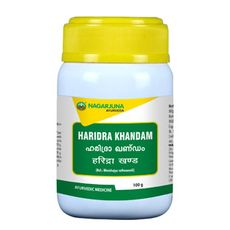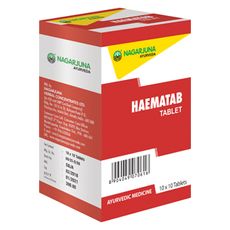 Where should we deliver your order?
Where should we deliver your order?Pitra Paksh – An Age Old Ritual From Modern Perspective

According to the Hindu calendar, Pitra Paksh began on 1st September this year. Pitra Paksh, also known as Shraadh in different parts of India, is a 16 days period when Hindus pay homage to their ancestors. The first-day of Pitra Paksh is called Pratipada, and the last day is Pitra Paksh Amavasya.
Mythological Significance
The history and story of Shraadh date back to Mahabharat’s times. When Karan entered into the afterlife, he was served gold and jewels instead of food. When he demanded the real food, the Yama explained that he only donated jewels and gold during his lifetime on earth. Yama told Karna that neither he nor his descendants had fed any poor. On hearing this, Karna requested Yama to send him back to earth to feed the poor and needy on earth.
Therefore, Hindu legends claim that Hindus’ ancestors’ departed souls come back to earth during this time. It is believed that performing certain rituals not only paves the way for liberation for the departed souls but can also remove ‘Pitra-dosh’ in the birth chart of the performer.
Underlying Scientific And Psychological Relevance
Aside from religious significance, Shraadh also has deep-rooted scientific and psychological relevance.
As we know, days starting from 14th July have shorter day length and longer nights. Various scientific researches have concluded that the shorter day length has adverse effects on our psychology and is related to seasonal depression.
And the maximum negativity is during the starting four months, according to Hindu Calendar.
It is said that during this time, our being is overpowered by negative emotions such as anger, guilt, uncontrolled ego, non-fulfilment of desires, etc. Therefore, the tradition of Pitra Paksh was started in the first place to help generations get rid of all the negative emotions through gratitude.
Another psychological reason behind Pitra Paksh is that it helps us detach from elders who are no more with us. That’s why Shraadh is supposed to be performed after one year of death. This one year is supposed to be sufficient to detach ourselves. But for family members who are still attached to the departed ones, Pitra Paksh serves as a time for detachment as well as remembrance.
In fact, the components of Shraadh or the rituals performed have scientific relevance too. For instance, during Tarpan, water is offered to the ancestors, which in turn helps to purify the mind and wash off the guilt. These rituals’ are done to logically detach ourselves from our ancestors’ unmanifested desires and unfinished tasks while being grateful for the legacy they left for us.
Pitra Paksha Do’s And Don’ts
Sadly, the younger generation is not aware of what to do on Pitru Paksha. Lack of ‘Karam Kandi Pandits’ has made this situation even worse.
That’s why we have enlisted a few basic Pitra Paksha do’s and don’ts.
1. Some food items such as meat, fish, paan, onions, meat, garlic, and oils are prohibited from being consumed as they are Tamasik and Rajasik food which do not allow the mind to focus.
2. The eldest member of the family should perform the rituals and Pind Daan. A variety of grains and food should be offered to the poor, dogs, crows, and cows, as a symbol of offering our gratitude to our ancestors.
3. During this time, couples should abstain from indulging in any physical pleasure. Moreover, people should not fix marriage and engagement for this time, as it is considered inauspicious.
4. Pitra Tarpan and Pind Daan should be done first thing in the morning on the ancestor’s ‘tithi’. If someone forgets to perform Sharddha on the lunar day the ancestor died, he can do it on Sarva Pitru Amavasya, as it is the last and most special day of Pitra Paksha.
5. Pitra Tarpan should be prepared with milk, Gangajal, barley, rice, and water. On the other hand, Pind Daan should be prepared with sesame seeds, milk, and cooked rice.
This is the time that allows us to remember the departed ones and contribute to their liberation. Homage to ancestors would not be complete without understanding that they have given us life’s gift. Moreover, understanding and accepting ancestors’ role in bringing us to earth and giving us their legacy makes us more humble and grateful. We are indebted to them forever, and Pitra Paksh is the best opportunity to do our bit for our ancestors.
































